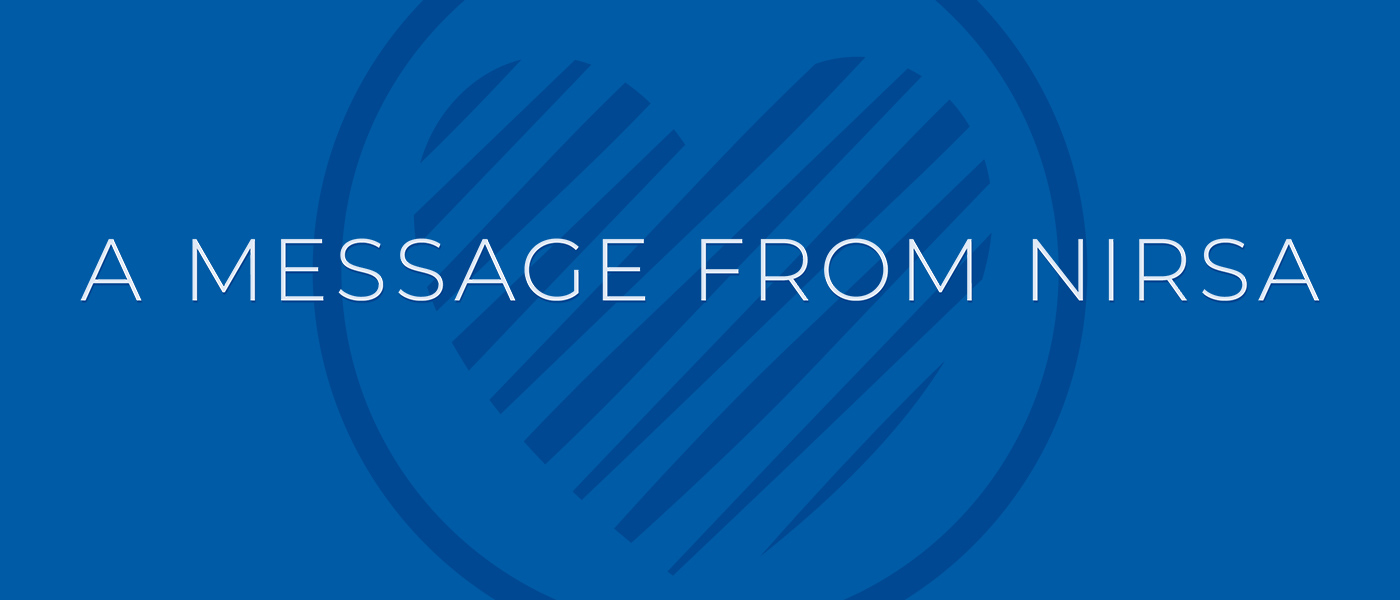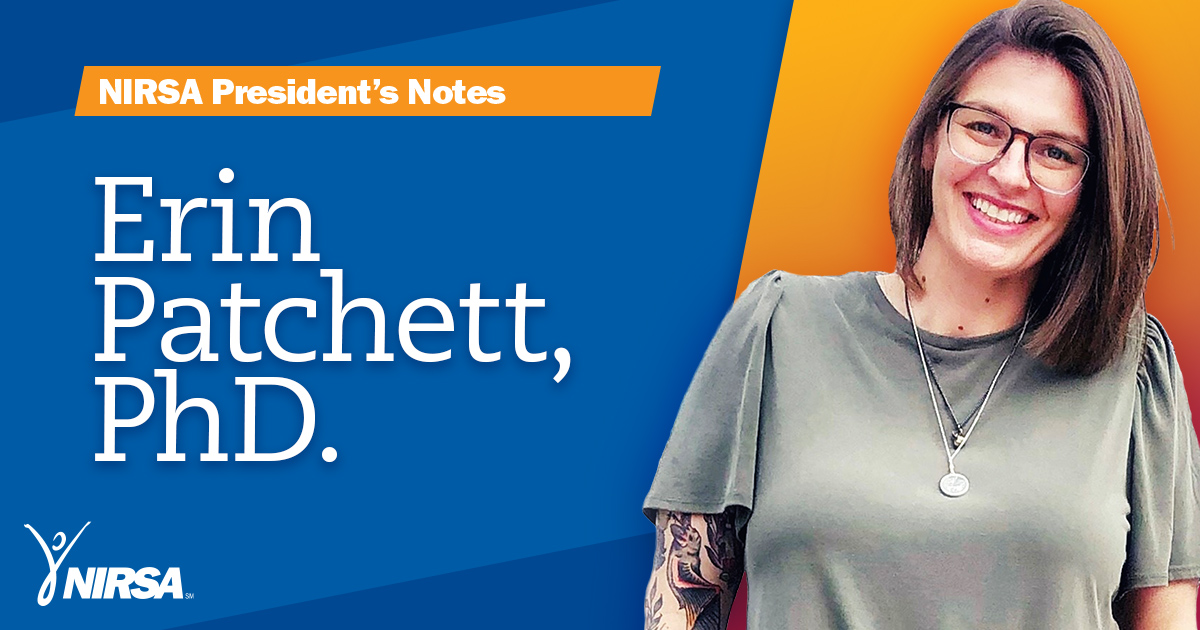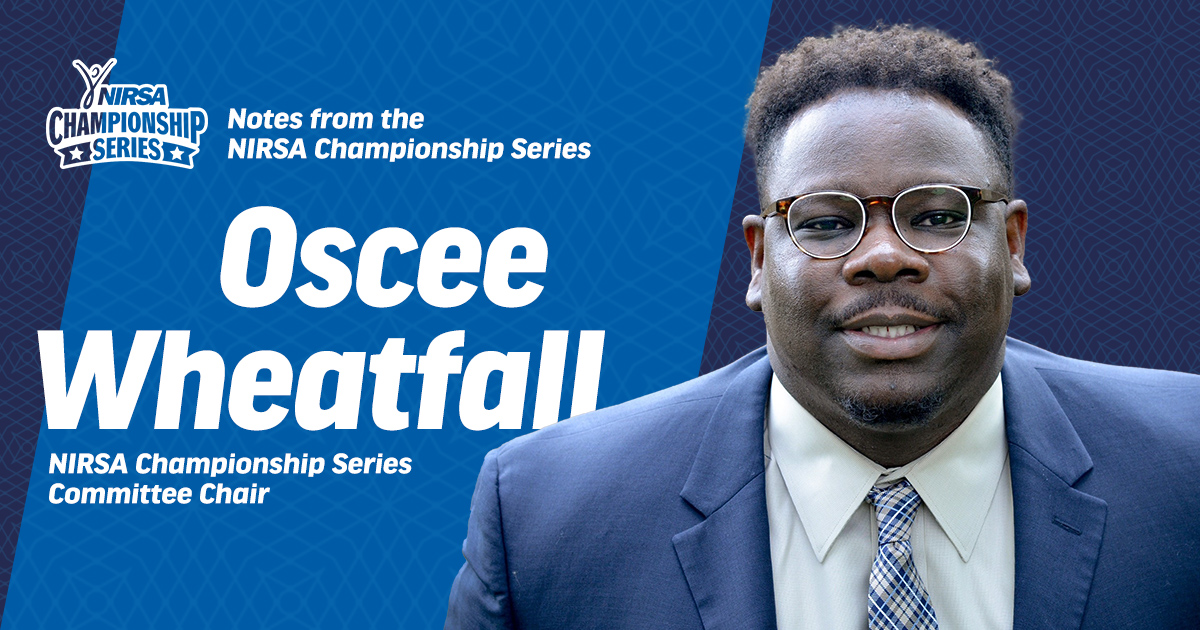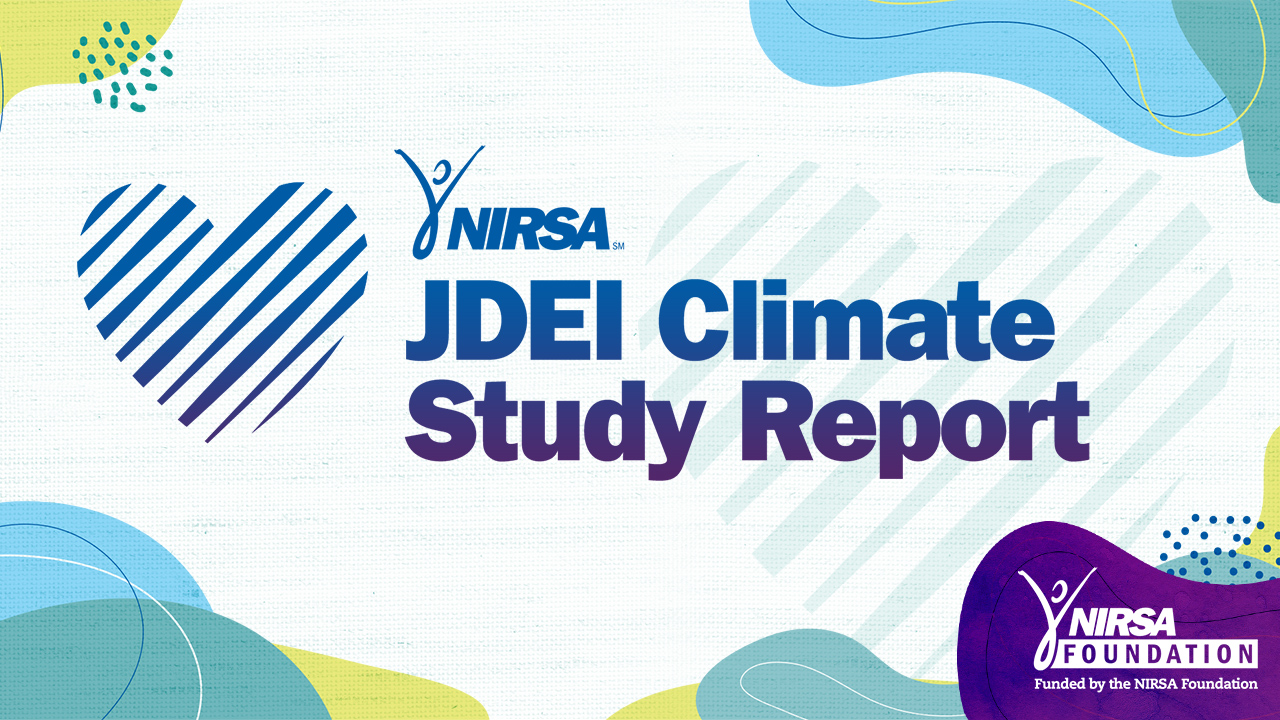We are here to listen, learn and lead. As we continue to advance our association’s efforts, we look forward to working alongside our membership on this learning and action journey to better NIRSA. We appreciate the many NIRSA members who have reached out to engage in dialogue needed to figure out how we can do more to support social justice. Our hope is for members to continue engaging in dialogue and the work with us as well as in our identity groups and campus communities. We will continue to send out communication as developments progress with this important work.
As we grapple with the impacts of this global pandemic, ongoing societal challenges have not gone away. While there have been positive stories of communities coming together during this time, we also know the virus and its effects have disproportionately impacted people of color in this country. And, in recent days, we have seen our country’s longest, most destructive pandemic once again step into the spotlight with more horrific acts of racism and violence against people of color vividly playing out on film.
Over the past several days, and for far too many decades, outrage and anger and sadness pour out into the streets across the U.S. Tens of thousands of citizens demonstrate resolve to use first amendment rights to peacefully protest the murder of George Floyd and the many others before him who have suffered through systemic racism. While most people are peacefully protesting, some have been using the time to engage in violence; the actions of a few should not overshadow the resolute chorus of voices demanding justice and insisting black lives matter.
What is NIRSA’s response to all of this? The obvious one is to remind the NIRSA community of our values: To point out that our Association’s statement for equity, diversity, and inclusion includes several calls to action; to affirm our understanding—as articulated in our strategic priorities —that to achieve our vision of healthy people and healthy communities, to champion a holistic approach to wellbeing means putting diversity, inclusion, and equity at the heart of our work in this profession; to remind each other that we have the framework, we have the commitment, we have the desire. It is on each of us to remind and push each other that these things are not what we do but who we are and how we lead.
As Ross Townes, NIRSA’s second president, reminded the Association, “Even on the right track you will be run over if you just stand still.” Every NIRSA member is called to actively commit to doing the hard work of making our values a reality. The Association continues to stoke learning sessions and idea forums on these goals and has facilitated the development of an incredible EDI resource guide for the profession. A powerful community of tenacious black members remind us of our profession’s history, celebrate leaders, build community, and mentor the next generation of leadership. Allies throughout NIRSA find ways to lift up this work in all their spheres of influence and commit to continually educating themselves. Our current NIRSA President’s message of relevance is something upon which each of us can reflect, especially when taken alongside the words of NIRSA’s founder, Dr. William Wasson, who implored the Association early on: “We need to extend our voice. We need to extend our arms.”
So, what next? What is the action we can take that will make positive change? What can we as individuals with an infinite combination of identities show our students, our communities, and our children that we are doing to make the world a place where all people are free from prejudice and injustice?
Nelson Mandela said: “No one is born hating another person because of the color of his skin, or his background, or his religion. People must learn to hate, and if they can learn to hate, they can be taught to love, for love comes more naturally to the human heart than its opposite.”
At our core, NIRSA members are educators and community builders, and we will continue to educate and build community. We implore all who enjoy privilege, influence, or power to learn about the experiences and plight of those who do not.
Learning precedes the turning of understanding and knowledge into action. We ask our NIRSA community to be steadfast in constantly recognizing and implementing all the necessary factors that create communities where all people enjoy freedom and justice and an ability to thrive.
We are still living under the uncertain realities of a global pandemic. We aren’t regularly seeing our students and staff in the recreation center so it’s not as easy to check in on them to see how they are processing the traumatic killings of George Floyd, Breonna Taylor, and Amaud Arbery. But we have to try and reach out in new ways to check in with our students, staff, and colleagues to see what they need, and commit to creating action-oriented solutions with them.
Thinking differently about our shared world is a consequence of this pandemic. It created space for some to spend time on their own learning and to possibly connect with those outside of their usual daily circles through virtual means. Thinking differently about our shared world should be a consequence of George Floyd’s killing at the hands of four police officers. It’s an opportunity to get used to being uncomfortable as we engage in difficult conversations and create solutions to problems woven into the fabric of this country.
NIRSA will continue to champion equity, diversity, and inclusion as crucial to healthy people and healthy communities. In the coming weeks, we will engage the NIRSA community in a series of conversations to continue to hear from and expand support for our colleagues of color. We hope you will contribute to these efforts as learners, educators, and—above all—as the humans of NIRSA.
NIRSA President David Davenport’s recent video message to the NIRSA community
- For more information, contact, NIRSA Headquarters.
Learn about the NIRSA Board of Directors here.





